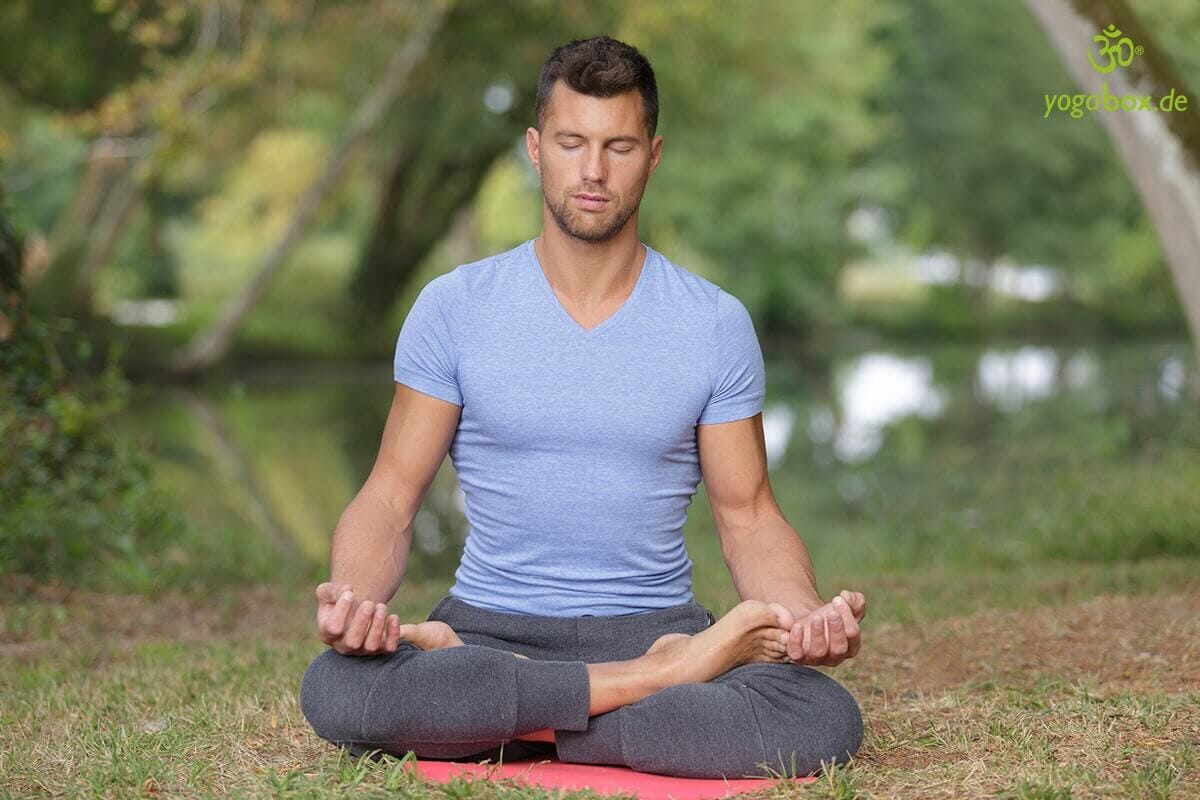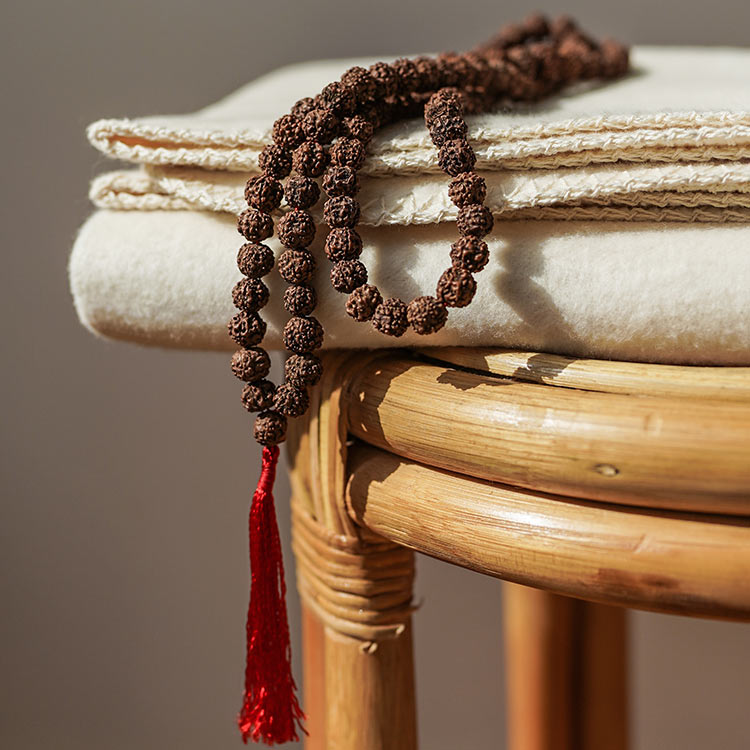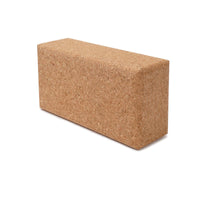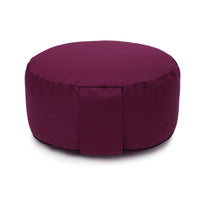
Meditation after work – How to relax after work
Meditation after work – How to unwind after work
Everyday work life is demanding. If you're one of those people who finds their minds still stuck in work after work and can barely switch off, you need to do something. Various techniques help with relaxation. This includes meditation, for example, which is being practiced regularly by more and more people. Whether in the evening or in the morning, these few minutes for yourself ensure that your mind, body, and soul can relax. You'll find all the important information you need in this guide.

Clear boundary between work and leisure
This is arguably the most important tip for staying healthy and avoiding illnesses like mental illness, burnout, and the like. Constantly thinking about your job after work isn't doing your health any good. Many people are certainly familiar with this. Those who work from home are especially under even more pressure. Theoretically, they could still read and answer an email or make a phone call that can't be postponed at 9 p.m.
In this context, you should create an opportunity for yourself and your health that helps you let go of thoughts about work and prepare for relaxing time.
The following tips might be useful to get into after-work mode:
- If you work in an office or away from home, you can change into different clothes immediately after coming home. This signals to your mind and body that it's time to wind down and let the stress fall away.
- Sport and exercise help you release pent-up energy and thoughts so that you can more easily reach the moment of pause.
- All the to-dos you still think of are written down on a list and only done the next day.
- It is also important that you stick to the rule of not doing any job-related work.
- Journaling, yoga, or meditation help you build a bridge between work and leisure time. This way, you're not rushing from one to-do to the next.

Can meditation help you relax?
Given the increasing popularity of meditation, you should almost get the feeling that it really helps.
Pausing has many benefits and is therefore practiced by millions of people. Basically, it's about taking a few minutes just for yourself after you get home in the evening.
- You feel calmer and more balanced
- Old worries about your job and your life disappear
- Your body comes into balance with mind and soul
- Physical complaints such as internal stress can decrease
- Your head feels lighter afterwards
- You feel more vital and fitter

What points are important for beginners?
a) Create a feel-good place
First and foremost, it's important that you choose a place in your apartment or house where you can unwind. The right setting will make it easier for you to relax and unwind.
b) Choose the right meditations
Guided meditations can be a real insider tip, especially at the beginning. It's not always easy to break your thought patterns. Thanks to pleasant guidance, you'll be able to let your normal thoughts flow and fully immerse yourself in relaxation. There are also various meditations on diverse topics, so you can always choose the one that's right for you. Body scans (meditation with a focus on the physical body) can be helpful for physical exhaustion. Breathing exercises like Wim Hof or alternate nostril breathing are also great for feeling less tired and exhausted.
c) Meditate in groups
Do you find it difficult to pull yourself together and meditate? Especially when you're physically or mentally exhausted, winding down can be even more challenging. Many people lack the motivation to sit down. In this case, guided meditation evenings could be the solution. Here, participants learn how to calm down more easily and try out different techniques. Many also find it easier to surrender in a group setting.
d) Good preparation for meditation
To get into a positive mood for meditation, it helps to do a few yoga poses on the mat beforehand. This will help you get into your body and automatically feel more relaxed. It will also help you release blockages that are keeping you tense.
Breathing exercises, Pilates, or journaling are great ways to feel at home with yourself. Those who follow these tips will automatically move through life more calmly and serenely.
e) Practice patience
Anyone who begins meditation should be aware that it may take some time for the results to appear. Nevertheless, you should not let this deter you from your path and continue to meditate diligently.
When is meditation right for you?
Are you wondering if it's a good idea to sit on your pillow in the evening to meditate? The only way to answer that question is to try it yourself. If the following points apply to you, then you should start today.
- You feel tired and exhausted in the evening
- You want to make lasting changes in your life, but you lack a clear head
- You need a way to draw a line between work and leisure
- You long for inner peace and serenity
- You want to get to know your emotional world better and adapt your life accordingly
- You want to live life more consciously
- You love to deal with yourself
- You want to organize your thoughts and all worries and let go
Do you already use meditation to relax before your evening? If so, what are the benefits?
Share







